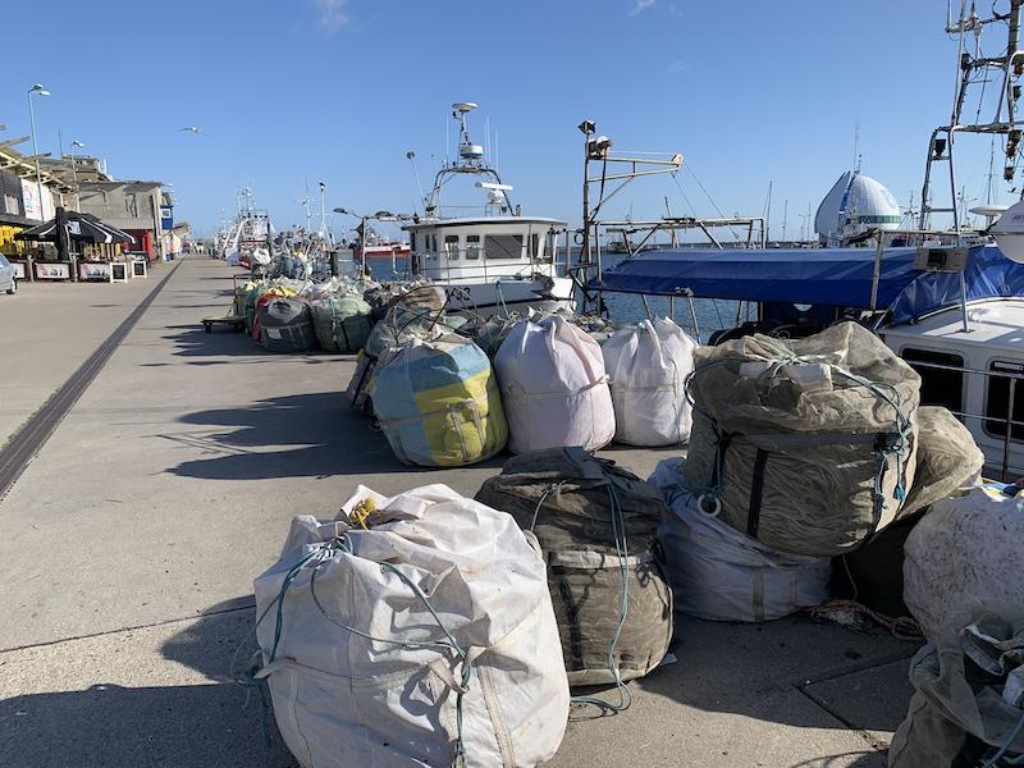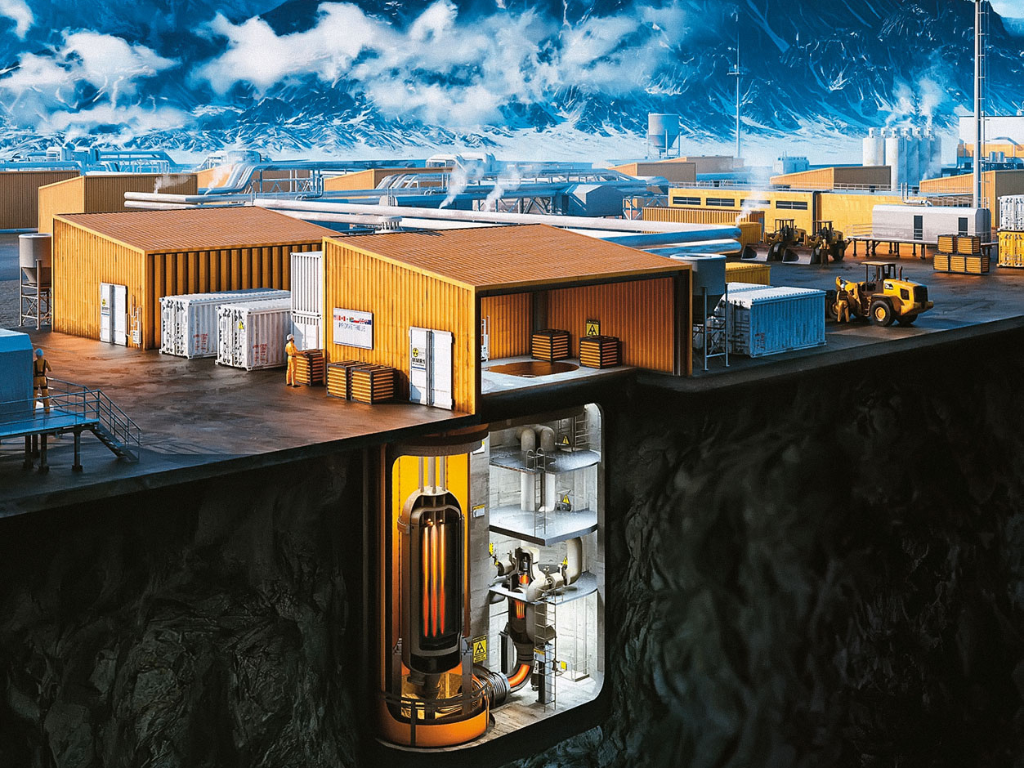
In recent days, our team participated in a quick and short, but intensive project involving the preparation of a Livelihood Restoration Framework in connection with the construction of offshore wind farms in the Baltic Sea. The work took into account the requirements of EBRD (PR 5), IFC (PS 5) and EIB (Standard 6) policies. It was commissioned by Baltic Power and was carried out by Frédéric Giovannetti, an expert in the field, with measurable support from the Sotis Advisors team.
We hope to have contributed to the development of wind farms in the Baltic Sea with due respect for the local fishing community. There is an opportunity for the project – the EBRD is considering participating in co-financing this investment.


